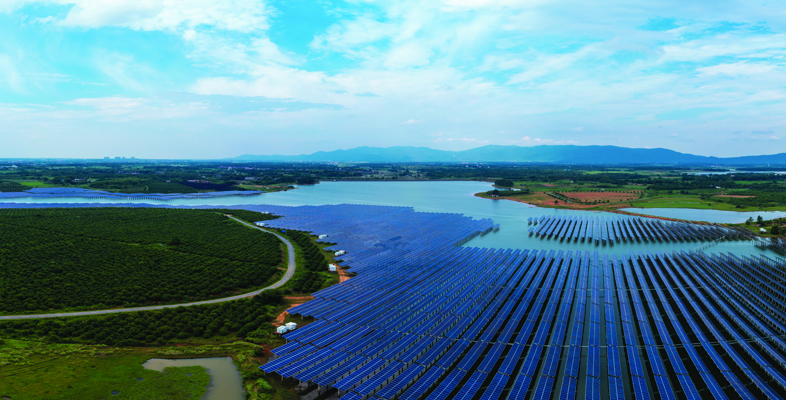4.5 Transformation and Lesvos
Lesvos has been fundamentally changed, maybe even transformed. Since 2015, it is a very different place to what it was before. However, neither residents nor migrants see this as a case of ´good´ change. The island has been converted into a kind of ‘prison island’ and a ‘buffer zone’, changing the lives of both refugees and locals living on Lesvos.
Both populations exert what agency they can to change things for the better from their respective perspectives. For example, in February 2020 the Greek government announced that it would be going ahead forcibly with plans to build a new, huge, closed detention facility on Lesvos. These plans aligned with EU policies for transforming Lesvos into a securitised buffer zone. Following demonstrations and general strikes, local people managed to put an end to the plans. To local people, this represents a positive development but leaves the question of how to fundamentally transform the situation on Lesvos so that the needs of all are addressed.
The EU-Turkey Statement is an example of influential actors coming together in order to significantly change a situation. Following the 2015 refugee crisis, this Statement was adopted by the European Council and Turkey with the stated aim of ending human suffering, dismantling the business model of smugglers, and offering migrants alternative options to putting their lives at risk (Council of the European Union, 2016). Nevertheless, the evidence suggests that despite these independent interventions from different actors, there has been no substantial positive change on Lesvos.
Thinking in terms of transformation, it can be argued that such attempts at change are fragmented and seem to be attempting to manage the symptoms of the problem rather than seek to transform the social and political situations that are leading to people having to flee their homes. Thinking back to Audio 1, Professor Tainter argued that we should have clear goals as to what is to be transformed, for whom and at what cost. Thus, we can also think in terms of other levels of transformation. Transformation of border policies and rethinking the support offered to refugees and resident communities could contribute to making the lives of all affected more tolerable than the present system allows. Goals would include ensuring the safety of refugees and being respectful of their human dignity.
Activity 9: Actors and Lesvos
Who do you think should be involved in transforming the immediate issue of increased migration to Lesvos?
Discussion
Imposition by higher levels such as the EU and national governments of solutions to a problem which impacts on others is unlikely to engender support for the level of change needed. Neither do local people nor refugees have the power and authority to bring about sufficient levels of change. There is thus a need for a multi-level process or series of processes involving all concerned - the EU, international intervening actors, the Greek state, Turkey, refugees, and locals - in which they can explore the consequences of the border regime policies on their everyday lives and seek creative ways in which to improve matters. Although there is no guarantee of success as transformation is an uncertain process, involving all affected in the process gives agency and a sense of ownership of the process. Such approaches encourage toleration of the inevitable setbacks and collaborative and creative problem-solving in finding alternative approaches.
Transformation is a challenge that provokes thinking on what a desired future looks like and should look like. In the past it has been associated with significant disruption and intense social actions such as the campaigns for women’s voting rights and for the independence of colonised countries. Is it possible to nurture transformation in more incremental ways, with each small intervention adding up to more profound change?

